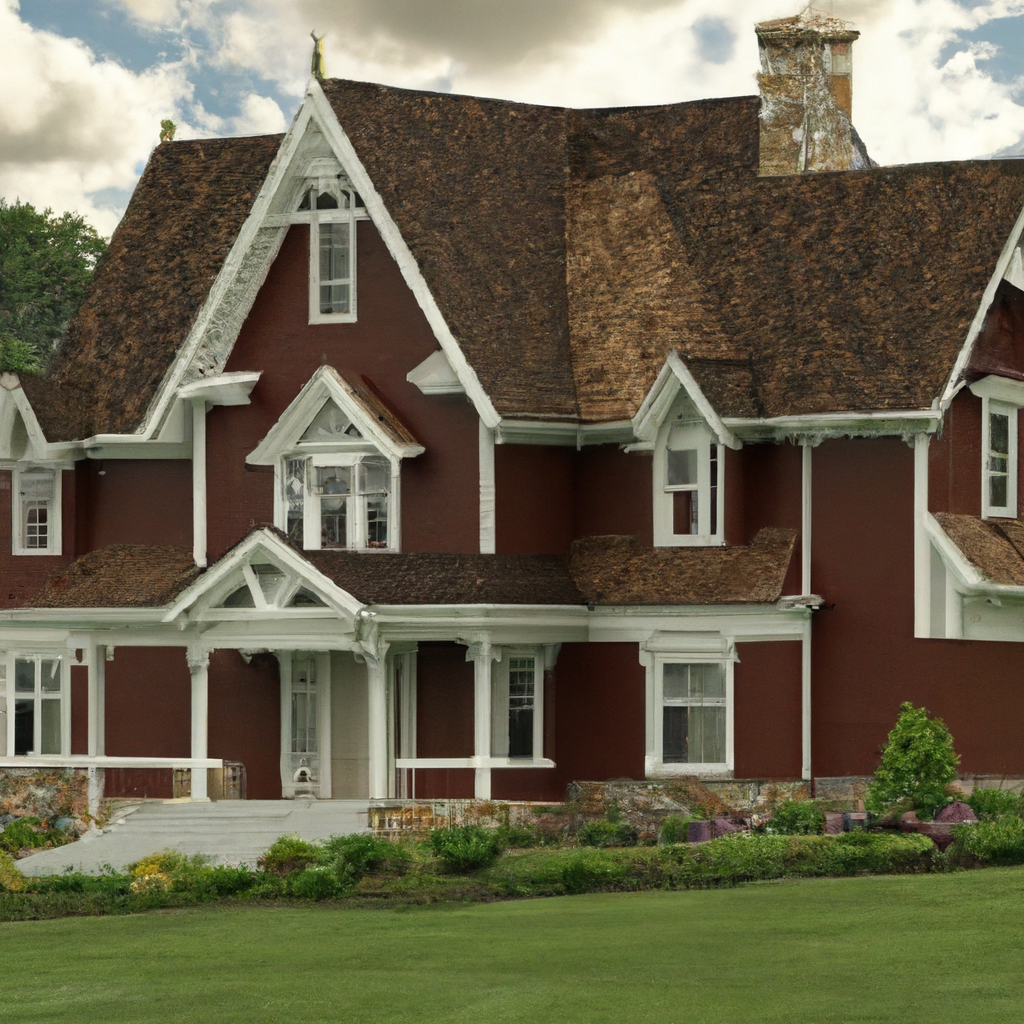Buying a home is a significant decision, and when it comes to purchasing a fixer-upper in Cape Breton, the choice becomes even more complex. Known for its breathtaking landscapes and vibrant culture, Cape Breton offers a unique backdrop for homeowners. However, the decision to invest in a fixer-upper here involves careful consideration of various factors. Let’s delve into the advantages and disadvantages of taking on such a project in this picturesque part of Nova Scotia.
Advantages of Buying a Fixer-Upper in Cape Breton
Cost-Effectiveness
One of the primary attractions of buying a fixer-upper is the potential for a lower initial purchase price compared to move-in-ready homes. This can be particularly appealing in Cape Breton, where property prices vary significantly across the island. Opting for a fixer-upper might allow you to buy into a neighborhood you couldn’t otherwise afford, providing an opportunity to build equity as you improve the property.
Potential for Customization
Fixer-uppers give homeowners the chance to mold the property according to their preferences and needs. Whether it’s redesigning the layout or choosing new finishes, you have the freedom to create your dream home from the ground up. This level of customization is especially beneficial in Cape Breton, where many older homes can be transformed to better appreciate the stunning views and natural surroundings.
Investment Opportunities
The real estate market in Cape Breton has seen fluctuations, but the general trend points towards growth, especially in sought-after areas like Sydney and along the Cabot Trail. Renovating a fixer-upper can significantly increase its value, potentially offering a good return on investment if you decide to sell in the future.
Disadvantages of Buying a Fixer-Upper in Cape Breton
Unexpected Costs
One of the biggest risks of investing in a fixer-upper is encountering unforeseen expenses. Older homes can hide numerous issues, from outdated electrical systems to structural problems, which can quickly inflate your budget. It’s crucial to have a thorough inspection done before purchasing and to set aside a contingency fund for unexpected repairs.
Time and Effort
Renovating a home is often more time-consuming and stressful than purchasing a move-in-ready property. In Cape Breton, where weather conditions can be unpredictable, renovations can experience delays, extending your timeline and possibly impacting your living situation. Moreover, the effort required to manage contractors, source materials, and oversee the project shouldn’t be underestimated.
Regulatory Challenges
Cape Breton has specific zoning laws and building codes that can affect renovations. For instance, properties in heritage preservation areas might have restrictions on the types of changes you can make. Navigating these regulations can be tricky and might require additional time and resources to ensure compliance.
Conclusion
Buying a fixer-upper in Cape Breton can be a rewarding project that yields financial and personal benefits. However, it’s not without its challenges. Potential buyers should be prepared for the investment of time, money, and effort required to turn an old house into a dream home. With careful planning, a realistic budget, and a bit of patience, a fixer-upper could be the perfect way to enter the Cape Breton real estate market and customize a home that truly feels like your own.
Whether you’re drawn to the idea of tailoring a home to your taste, or you’re looking for a potentially lucrative investment, consider all aspects carefully before diving into the world of fixer-uppers in Cape Breton.


